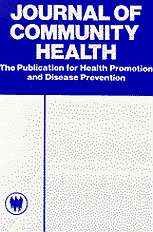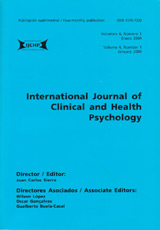Resum
Research on chemsex, the intentional use of certain drugs in sexual contexts by gay men and other men
who have sex with men (MSM), has been growing in recent years although, even today, much of it
focuses on drug use and its consequences, rather than on the sexual and social experiences of users. This
study aimed to explore the influence of social support and sexual functioning on the frequency of
chemsex and sober sex. A sample of 160 MSM WAS recruited through social media and NGOs. Through
regression analysis, it was found that lower perceived social support and greater number of routes of
drug administration predicted a higher frequency of chemsex practice. On the other hand, higher
perceived social support, higher levels of desire and arousal, and fewer routes of drug administration
predicted a higher frequency of engaging in sober sex. This study provides empirical evidence that both
social support and sexual functioning are key elements in chemsex and have an impact on both the
frequency of chemsex and sober sex. Given the importance of these elements, we suggest that interventions should be framed holistically. Nevertheless, not all chemsex is problematic and it is a free choice in sexuality.






